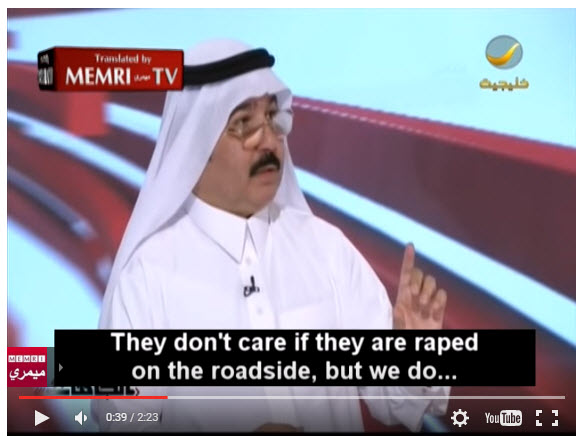
Click HERE for 2 minute video with captions
Dear Gatnet Friends
Before we get to the content of what the eminent Saudi Historian has to say on this relevant topic of women who want to be raped, let me take you quickly to our Gatnet 2.0 site and show you how you can put to work one of the special tools we have developed to support the collaborative work at Gatnet. Happily, these rather simple tools are also more generally to anyone anywhere who happens to share our interest in the complex topic of women, transport and equity in our oh so different societies.
The particular tool I would like to draw to your attention today is our so-call KNOOGLE (yes, an ugly word) combined search engine, to which you can go directly here – – https://gatnet.wordpress.com/links-sources-2/searching-all-links/.
Now, to show you a sample of how this works, this morning I wanted to know more about the site of the local elections in Saudi Arabia where for the first time 130,000 women registered to vote and when the ballots were counted more than a dozen of these heroes have been elected to local office — for the first time.
So I scrolled down on the right menu here where it indicates KNOOLGE, and popped in the single key word “Saudi” which called up a very large number of entries, with coverage of the latest developments in the voting situation right up top. With the eminent Saudi historian’s remarks toward the end of the first page of entries.
And now if you wish, let’s take a look at that article and see if we can understand what the good gentleman has in mind:
Continue reading →













